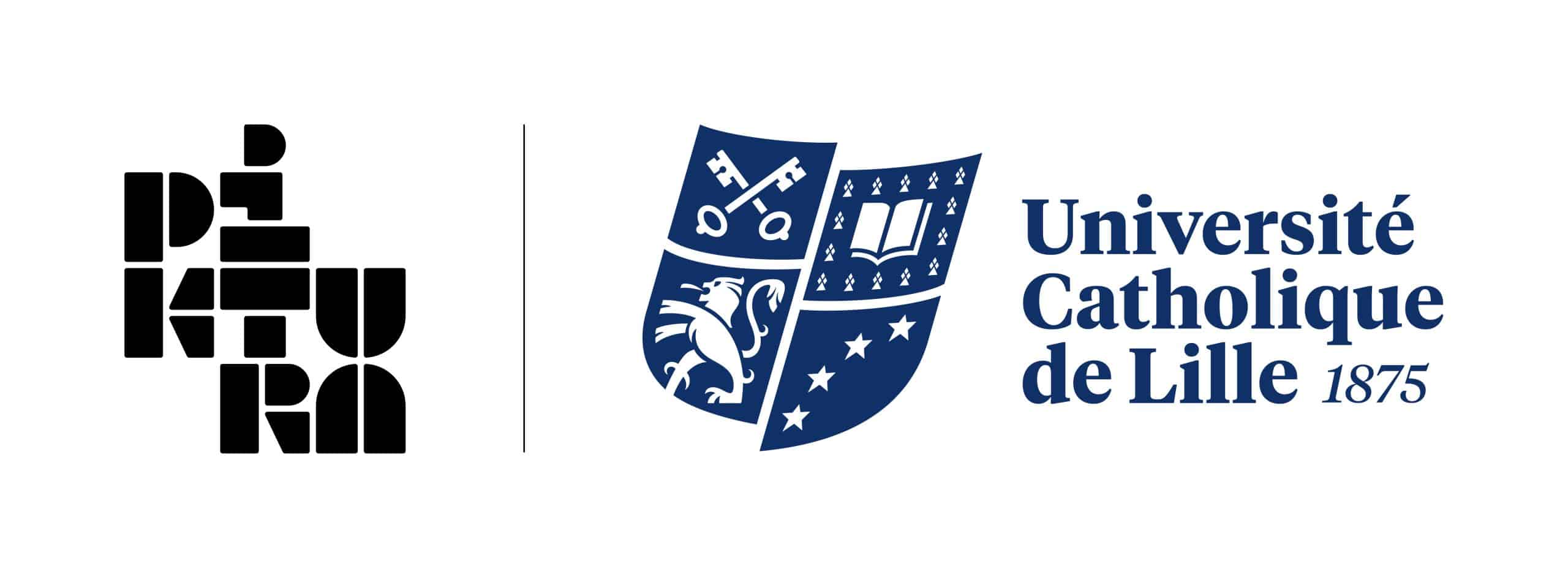
Character design
Etablissement : PIKTURA Ecole de l’image
Langue : Français
Formation(s) dans laquelle/lesquelles le cours apparait :
- Licence Création numérique – 4 options [ECTS : 1,00]
Période : S5
notions de dessin maitrisés
optimisation de la production en vue de la réalisation du projet personnel
le travail est effectué autour de plusieurs exercices permettant de reprendre régulièrement toutes les notions de base
DA du projet et réalisations plastiques


